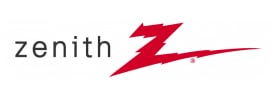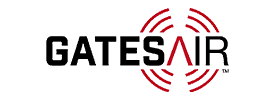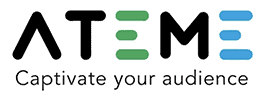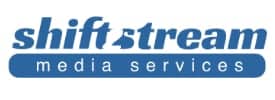- About
- Members
- Sponsors
- Subcommittees
- Technical Documents
- News
- Events
- Spotlight ATSC 3.0
- Contact Us
- Member Login
- Member Meetings
- Advanced Search
Search Site
Member Links
- About
- Members
- Sponsors
- Subcommittees
- Technical Documents
- News
- Events
- Spotlight ATSC 3.0
- Contact Us
- Member Login
- Member Meetings
- Advanced Search
ATSC Standards Update: New VVC Candidate Standard Published
Posted on December 19, 2023 in ATSC News

Since the last issue of The Standard newsletter, one new document has been published on the ATSC web site — A/345:2023-11, “VVC Video Candidate Standard.” A Candidate Standard (CS) is a document that has received significant review within a Specialist Group. Advancement of a document to Candidate Standard is an explicit call to those outside of the related Specialist Group for implementation and technical feedback. This is the phase at which the Specialist Group is responsible for formally acquiring that experience or at least defining the expectations of implementation.
A/345 describes the video coding constraints on ITU-T Rec. H.266 | International Standard ISO/IEC 23090-3 (“VVC”) when it is used for video compression in the ATSC 3.0 Digital Television System. Any other video coding technologies in the ATSC 3.0 system are documented in their own ATSC Standard(s). ATSC A/300, “ATSC 3.0 System,” provides references to the various video coding technology document(s) in the ATSC 3.0 system. Signaling of the video compression technology in use is defined in ATSC A/331, “Signaling, Delivery, Synchronization, and Error Protection.”
A Candidate Standard may be updated from time to time by the originating Specialist Group, in this case TG3/S41. The A/345 CS period extends to 30 June 2024. The CS period may be shortened or extended by TG3.
Voting is an important element of membership in ATSC. All Standards, Candidate Standards, and Recommended Practices must be approved via one or more ballots, conducted on the Causeway workspace. Online voting is easy, but we sometimes receive questions about certain elements of the process; for example, how the Primary/Alternate voter protocols work. Details are as follows:
- Either Primary or Alternate voters can cast a vote on an open ballot.
- The vote of a Primary will override the vote of an Alternate.
- If a Primary voter has cast a vote, then the Alternate will not be able to cast a vote.
- If more than one Primary voter casts a vote on a given ballot, the last vote cast is the one that prevails.
It is important for Voting Members of the ATSC to participate in ballots. Every ballot on a given document provides three options: Yes, No, or Abstain. Because there are minimum participation requirements for Technology Group and Membership ballots, all members are urged to carefully consider each ballot and vote accordingly. There may be instances where a member has no opinion on the question presented in the ballot. In that case, an Abstain vote may be cast. This is important, since Abstain votes count toward meeting the minimum participation requirements. ATSC staff is always available to answer any questions that members may have on voting.
Posted in ATSC News
News Categories
News Archives
Subscribe
Subscribe to The Standard, our monthly newsletter. Learn More
Join ATSC
ATSC is a membership organization with both voting and observer categories. Voting members include corporations, nonprofit organizations, and government entities, and they participate actively in the work of ATSC. Observers are individuals or entities not eligible to be a voting member.
Subscribe to our Newsletter
Subscribe to The Standard, our monthly newsletter, to stay up-to-date with ATSC news and events around the world.
Site Links
Contact Us
Advanced Television Systems Committee, Inc.
1300 I Street NW, Suite 400E
Washington, DC 20005
Do you have questions about ATSC?
About ATSC
The Advanced Television Systems Committee, Inc., is an international, non-profit organization developing voluntary standards and recommended practices for digital terrestrial broadcasting. ATSC member organizations represent the broadcast, broadcast equipment, motion picture, consumer electronics, computer, cable, satellite, and semiconductor industries. ATSC also develops digital terrestrial broadcasting implementation strategies and supports educational activities on ATSC standards.
© 2024 ATSC








































